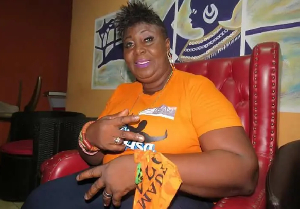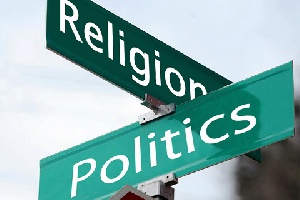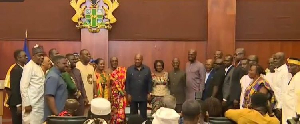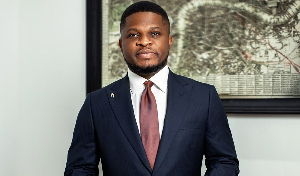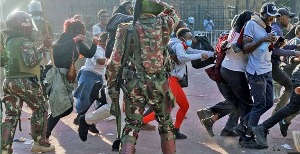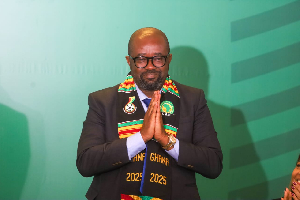As Ghana gears up for a crucial election, it's imperative that politicians and voters alike prioritize tangible development over-reliance on religious prophecies or favors.
In a nation grappling with pressing issues such as a faltering economy, persistent power outages, soaring unemployment rates, and an education system marred by failures, the stakes couldn't be higher.
First and foremost, it is essential to recognize that in a democratic society, votes, not divine intervention, determine the outcome of elections. While religious beliefs hold a significant place in Ghanaian culture and society, they should not overshadow the fundamental principles of democracy.
Politicians must refrain from depending on prophecies or seeking religious favors to secure victory, as the will of the people expressed through the ballot box should and is paramount.
At the forefront of this election are critical issues that directly impact the lives of every Ghanaian citizen. The state of the economy, characterized by stagnation and uncertainty, demands urgent attention. Persistent power outages not only hinder industrial productivity but also disrupt daily life for millions.
High unemployment rates exacerbate social tensions and hinder the nation’s progress, while an education system plagued by failures threatens to deprive future generations of opportunities.
In the face of all these challenges, it is incumbent upon both politicians and voters to prioritize the greater good of the nation. Political leaders must articulate clear strategies and policies aimed at addressing these pressing issues, rather than relying on empty promises, sloganeering, or religious endorsements. Voters, in turn, must approach the ballot box with discernment and a focus on the long-term well-being of Ghana.
While religion has historically played a significant role in Ghanaian politics, it is crucial to strike a balance between faith and development. Rather than seeking divine favor, politicians should channel their efforts toward implementing practical solutions that uplift the nation as a whole. This requires a commitment to good governance, transparency, and accountability.
As the election approaches, Ghanaians must resist the temptation of vote-buying and other forms of electoral malpractices. Instead, they must exercise their democratic right with wisdom and foresight, casting their votes in favor of a candidate who demonstrates genuine dedication to advancing the interest of the country.
In conclusion, both the NPP and NDC should approach the election with a clean mindset, allowing a good process to take place. As the upcoming election in Ghana presents a pivotal moment for the nation’s future.
By prioritizing development over divine favor, both politicians and voters can contribute to rebuilding a stronger, more prosperous Ghana for generations to come. Let’s heed the call to put Ghana first and ensure that the voice of the people is heard loud and clear on election day.
Long live Ghana!
Long live the writer!
Opinions of Wednesday, 8 May 2024
Columnist: Paul Abrokwa
Religion must give way to democracy, the way to go in Ghana's general elections
Entertainment
